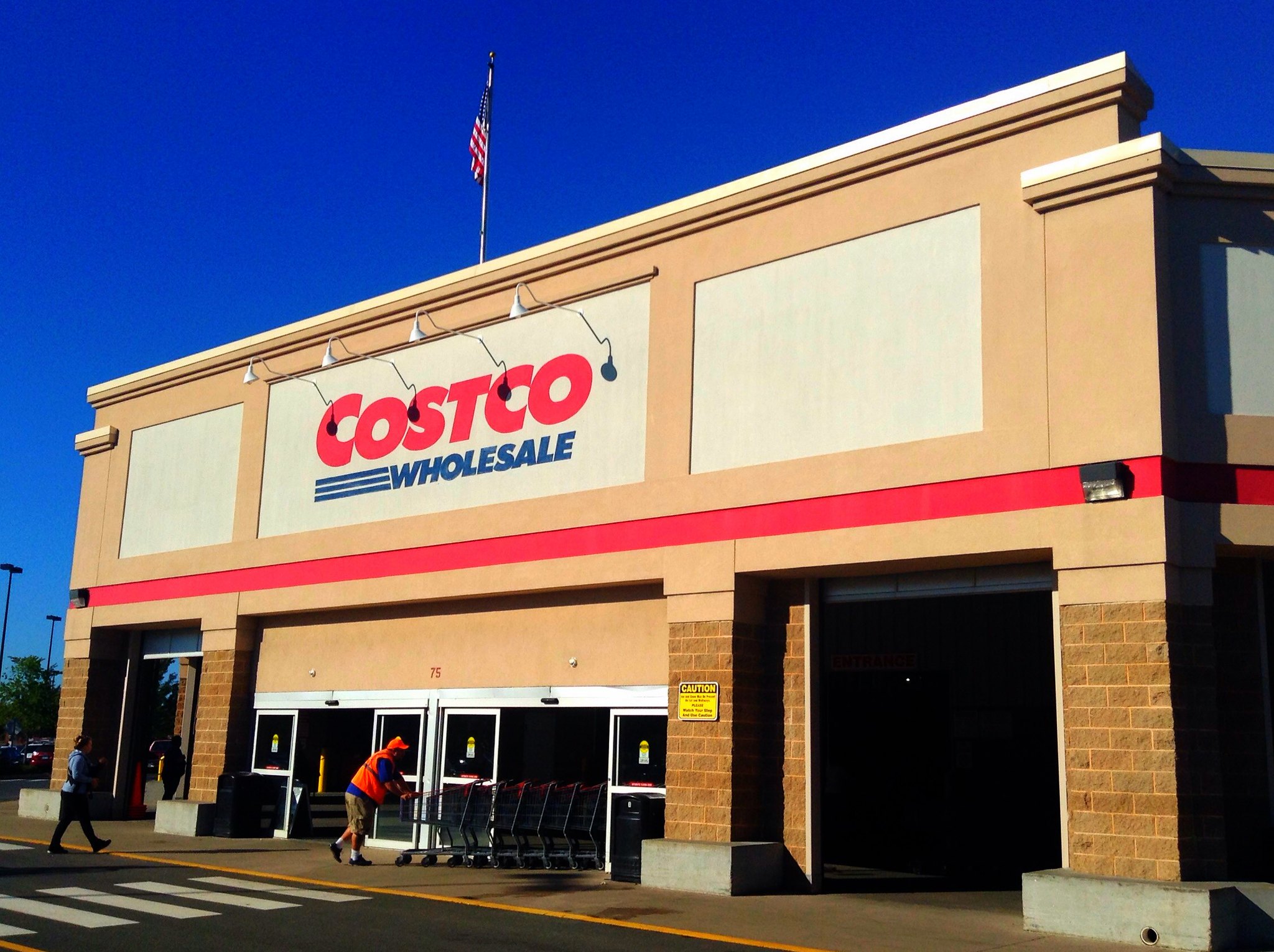The UK is one of the most advanced ecommerce markets in the world. Online sales in 2021 made up 29% of the retail market, a proportion that has increased every year over the past decade1.
This rising popularity of ecommerce shows that UK retailers are increasingly choosing to prioritise selling online, with some of the biggest industry names exploring marketplace models2.
For those that are new to the world of online marketplaces, it’s important to understand the various costs and taxes involved. Tom Kiddle, UK Country Manager at international fintech and payment service provider WorldFirst, outlines six common taxes, duties and payments that businesses need to consider.
Income tax
If you’re a self-employed seller, running your business as a sole trader or in a partnership, income tax3 will be one of the main forms of taxation you’ll be required to pay.
You’ll need to pay income tax annually, which is calculated after submitting a self-assessment tax return. Business owners benefit from a trading allowance and you’ll only pay tax if your company makes more than £1,000 per year.
One of the easiest ways to stay on top of your income tax is to keep accurate business records to allow you to log all sales and purchases, which will make filling out your self assessment tax return much easier.
Corporation tax
If your business is a limited company, it will be required to pay corporation tax4 instead of income tax. This is paid on taxable profits and amounts to 19% in the UK.
When it comes to taxable profits, these are split into three categories; trading profits, investments and chargeable gains (where you sell assets for more than they cost).
You’ll need to bear in mind that corporation tax rates can vary depending on where your business is based. If you’re located in the UK, you will be required to pay corporation tax on all of the profits your company makes in the UK and abroad. However, if you’re based overseas, then only profits made in the UK are subject to corporation tax, although the country in which you’re based may have its own forms of taxation.
Customs duty
Customs duty5 is not a charge that every business will have to deal with, but for those importing certain items, such as excise goods (those containing alcohol or tobacco6) and products worth over £135, it’s an important consideration. This tax is commonly 2.5%, but can be higher for more expensive goods.
Although not relevant to every business, customs duty is something that you should always bear in mind, particularly when purchasing goods from abroad.
You’ll need to check whether your imports will be subject to customs duty, and if they are, you should consider evaluating your business model to ensure that the additional costs are covered by your sales.
VAT
With the exception of certain categories of products, your business will have to pay VAT if it has an annual turnover of £85,000 or more. VAT is usually charged at 20% of the sale price, although some items like children’s car seats and home energy products fall under a reduced VAT rate of 5%. Other products, such as food and children’s clothing, are exempt from VAT7.
Keeping on top of VAT can seem complicated, so if you’re keen to simplify the process, a great way to reduce VAT headaches is to integrate your business account with a third-party partner, like Xero, to make managing your domestic and international tax affairs easier.
With a limited number of exceptions, businesses buying products or importing them into the UK are required to pay 20% of the product value in VAT. But it’s worth noting that if you are importing products or components into another country you will have to pay the VAT rate of that country. To ensure you’re paying the right amount, you should check with the relevant government body to establish whether you need to be paying VAT, and how much you’re required to pay.
VAT (Non-EU countries)
Whilst non-exempt products bought in or imported to the UK or the EU will always require paying some VAT, you may not be required to pay VAT when purchasing from some countries outside of the EU.
If your business relies on importing goods from outside of the EU, it’s vitally important that you’re familiar with the tax laws surrounding the country of origin. You’ll need to consider the taxes of the country itself, as well as whether you’re required to pay VAT on the goods once they arrive in the UK.
Online seller tax
A potential future tax being considered by the government is a 2% online seller tax which is aimed at supporting traditional bricks and mortar businesses, by adding a surcharge to e-commerce goods. Although plans have been postponed8, it’s still important to factor it into long-term planning so there are no surprises should it be introduced in the future.
Whilst this isn’t a tax that will impact your business right now, it’s still important to consider as a potential future expense that will need to be factored into your pricing plan. It’s also advisable that you monitor for updates, which will allow you to get ahead of any changes to legislation.
*Always consult a financial adviser before making any significant investments or financial business decisions
References
- https://www.statista.com/statistics/315520/online-share-of-retail-sales-in-the-uk/
- https://tamebay.com/2022/03/hm-trials-marketplace-model-in-germany-sweden
- https://www.gov.uk/income-tax-rates
- https://www.gov.uk/income-tax-rates
- https://www.gov.uk/goods-sent-from-abroad/tax-and-duty
- What are excise goods and goods liable to consumer tax?
- https://www.gov.uk/vat-rates
- https://www.chargedretail.co.uk/2022/02/28/online-sales-tax-put-on-hold-by-uk-government/









